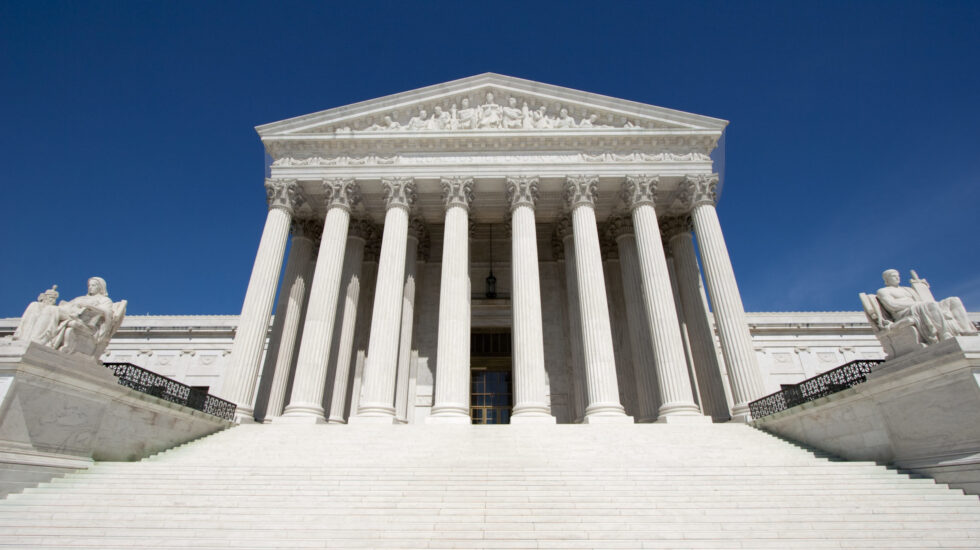The Supreme Court on Friday ruled it would not hear an appeal from a Washington state florist who in 2013 refused to do flower arrangements for same-sex weddings on the grounds it went against her religious beliefs.
By declining to hear the case, the highest court in the land once again evaded tackling the hot-button topic of whether private businesses have a right to refuse service to same-sex couples, despite state laws that forbid discriminating on the basis of sexual orientation.
The court’s decision leaves the state court rulings against Barronelle Stutzman, owner of Arlene’s Flowers and gifts in Richland, Washington, intact. It came as a bit of a surprise to some court observers, who noted that three justices — Clarence Thomas, Samuel Alito and Neil Gorsuch — said the court should have taken the case.
— Steven Mazie (@stevenmazie) July 2, 2021
The court had to face a similar issue three years ago with the case of a Colorado baker who refused to make a cake for a gay wedding, saying it violated his right of free expression and religious beliefs. The justices ruled in favor of the baker in that case, but in a narrow fashion that applied only to that case and gave no guidance for how the court would rule in future cases where free speech and religious objections are raised.
The florist’s attorney, Kristen Waggoner of the Alliance Defending Freedom, told NBC News other judges have ruled in favor of businesses who say they cannot be forced to create works that violate their religious beliefs. She expects at some point in the future, the high court will come to see it the same way.
“We are confident that the Supreme Court will eventually join those courts in affirming the constitutionally protected freedom of creative professionals to live and work consistently with their most deeply held beliefs.”
Friday’s decision comes on the heels of SCOTUS’ recent ruling where it sided with a Catholic adoption agency that refused to work with gay foster parents.
A CNN analyst says the Court can only put off dealing with the issue for so long:
"The Court's decision to leave the lower-court ruling intact sends a couple of different messages," said Steve Vladeck, CNN Supreme Court analyst and professor at the University of Texas School of Law. "On one hand, the Court is refusing to go any further than it went in the Catholic Social Services decision from last week, and is thereby siding with the State of Washington's enforcement of its antidiscrimination laws over religious objections."
"On the other hand, it's going to remain more than a little unclear when states can and cannot require secular businesses to provide services to those whose practices offend the owners' religious beliefs. The Court isn't willing to take that up now, but it's surely going to have to sooner rather than later," Vladeck added.



